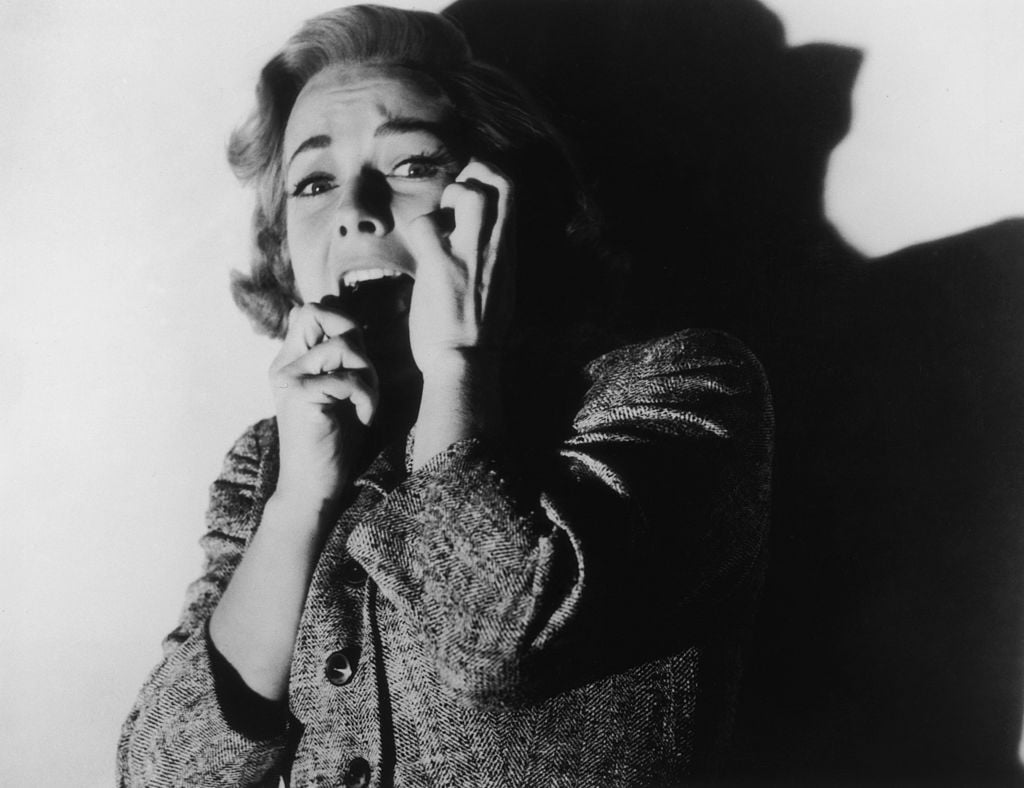Classic Horror Movies That Should Be Left Alone: Please, No Reboots Here!
The 2010s become the golden age of reboots — from Disney animated classics to 90s TV shows and famous films of yesteryear — Hollywood has uncovered a money-making machine. To get people to abandon the couch and Netflix — in favor of over-priced popcorn and a soda-stained seat — you better off up a “promise:” a tangible quality that will make the effort worth the time and money.

While successful franchises — like the Marvel Cinematic Universe — rely on the familiarity of the actors (and their associated characters), one-off reboots rely on the familiarity inherent to the narrative and the nostalgia factor. You already know you love Aladdin, so how could it be bad with Will Smith? It’s the perfect balance of new and old — original yet emulative; thus, the promise of the old builds the trust, while the execution of the new fosters the intrigue. And thus, people come to the cinema.
While reboots are all fine and dandy, they don’t always live up to expectations. Thus, some classic horror movies deserve their place in our memories; they deserve to remain untouched. Below, find a few classic horror movies that should never be rebooted.
1. ‘Beetlejuice’
Beetlejuice is a horror-comedy, and though often leaning towards the latter, is has earned its place on the list. The cult classic starring Michael Keaton, Geena Davis, and Alec Baldwin took solid actors and threw them into a hodge-podge of entertaining weirdness and unpredictable Burton bombastic bizarreness.
The movie does not boast an expansive subculture due to its simple narrative. Story and character make classic; however, memorable dialogue, eccentric performances, and unexpected filmmaking give rise to the cult essence.
You cannot remake Beetlejuice because you cannot recreate its originality nor emulate its detachment from filmic norms at the time (its impact on the then filmic zeitgeist). It would fail to be what it was merely because of what it already is. While you can remake a classic — for its themes remain timeless, and its characters remain relevant – remaking a cult classic requires the unattainable. You must reverse the clock to remove the subculture tied to the movie’s creation — tied to the time it premiered and the journey it took on the way to cult status.
A cult classic, unlike an average classic, is intimately tied to its journey post-premiere, and the place it comes to fill in fans’ hearts after the fact, rather than during the viewing.
2. ‘A Nightmare on Elm Street’
While A Nightmare on Elm Street was rebooted in 2010 and premiered to critical and audience condemnation, rumor has it that this film may see the light of day once more. However, Hollywood should learn from its mistakes. The remake of A Nightmare on Elm Street lacked the original’s eerie feeling; focusing on the body count, it failed to capture the unending anxiety and subversive twists at the core of the original. While the murders in the original were scary, the creation of fear was more consequential to the film’s tone.
Unfortunately, to a desensitized modern viewing audience, recreating Krueger is difficult, as Robert Englund’s flamboyant depiction does not align with modern villainy. Meaning, now is not the time for the character to make his reentrance, for the depiction would likely be siphoned into the modern era’s predictable bad guy mold, resulting in yet another adaptation utterly unfaithful to the character.
3. ‘Psycho’
Alfred Hitchcock’s Psycho — featuring one of the first “real twist endings” — could never be recreated, for the twist is the narrative. You cannot change the ending, for then the movie is not the same. And, you cannot recreate the same ending because it is the most well-known twist in the history of cinema.
In short, there seems to be no purpose other than to make money — other than to force people to the theater to compare whichever actor is chosen to Perkins’ portrayal. Psycho must remain on the shelf — always to be remembered as a catalyst to the twist-ending genre: an untouchable foundation.


